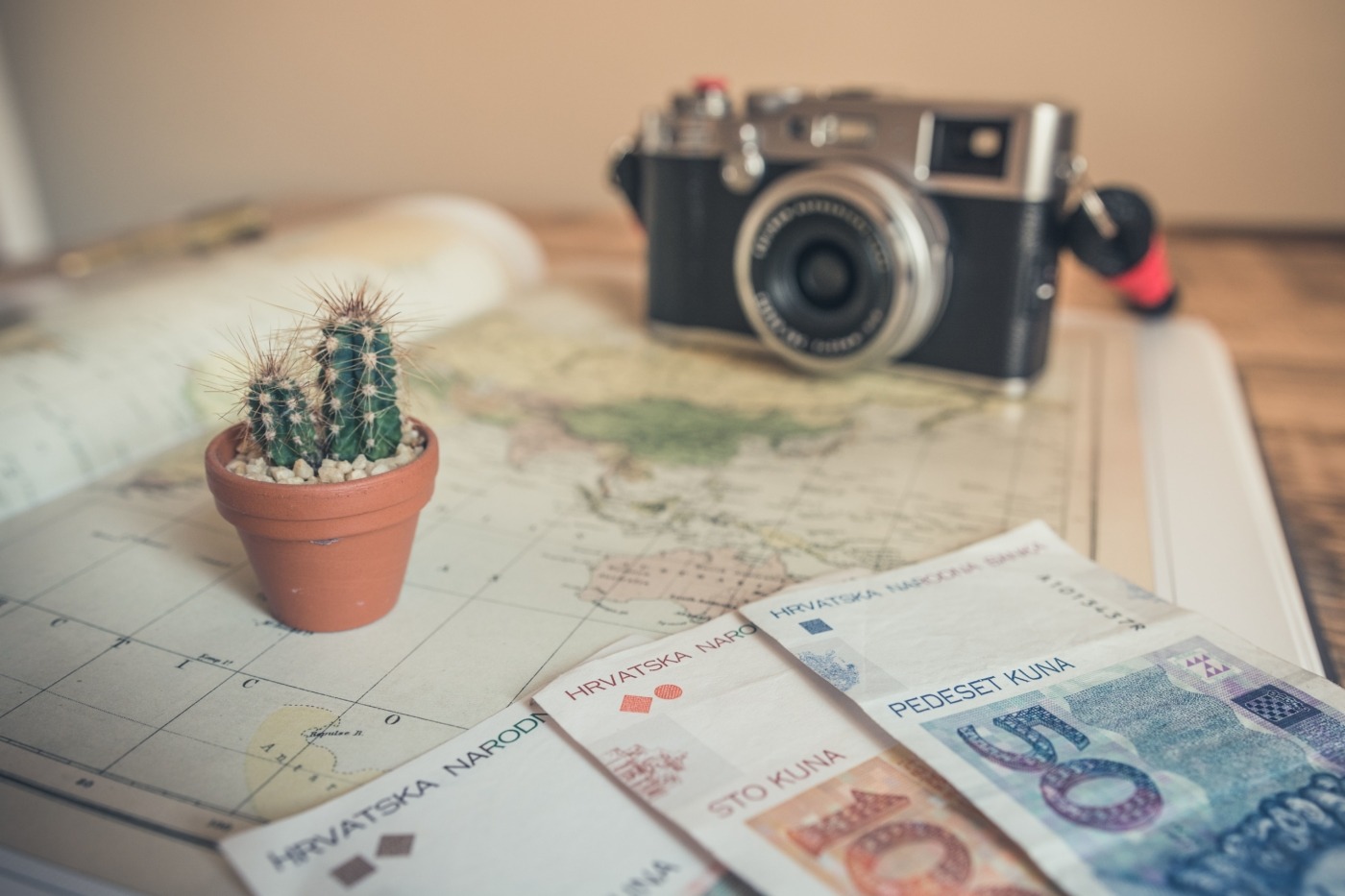Financing the fun: how to cut the cost for your next trip
When planning a trip, the initial excitement about the process may be diminished when you stumble across the cost. However, financing your holiday plays a crucial role in planning a trip and thus needs to be given a careful look at. When financing your holiday, the travel destination plays the most important role. Countries with relatively developed and stabilised economies tend to be expensive and thus the food and accommodation costs, along with the costs of travel, become quite high.
Truly authentic experiences can come for free or for a small cost
Secondly, make a plan for the things you wish to do at your points of destination and what form of recreation you wish to focus on: be it sightseeing, shopping, restaurants or just a laid-back vacation at a resort. With your plan in mind, create a daily limit for all of your spending so that you have an idea about the budget. You could do this by researching where you want to stay and the places you wish to visit, and come up with their individual costs. This way you will know the gross expenditure of the whole trip and will have a rough idea of the financial commitment required.
Here’s some quick maths about travel budget. Fifty percent of your travel cost, especially for international travel, will always go into the mode of travelling to and from the desired destination; be it by plane, train or bus. Going further into the technicalities of the financial world, you can use The Economist’s Big Mac index. This is where the price of a Big Mac in a particular country can be compared to others in order to see the differences in exchange rates. The cost of one Big Mac would also determine the average cost of a meal in that area, thus giving you a certain idea of the forthcoming expenditure.
If the cost of the trip is quite flexible, it gives you enough financial freedom so that you don’t necessarily have to restrict yourself into being frugal. However, for many of us students who tend to be perpetually into their overdrafts, the ability to travel may seem tricky; however it, surprisingly enough, is not impossible. This is where smart budgeting enters the room.
When it comes to smaller scale travel, always choose public transport
In terms of modes of travelling, research on the cheapest mode of transport is essential. Buses always tend to be on the cheaper side if the distance isn’t too much. In terms of air travel, Skyscanner is a great website to compare airline prices, dates and timings. When it comes to smaller scale travel, always choose public transport – such as buses, local trains, and trams – rather than taxis.
Further, when in cities and towns, the best way to save money is to travel by foot. Not only does this mean you can come across little surprises on every small lane or corner, you will also see so much more of the place rather than just the usual tourist attractions.
In terms of accommodation, resorts and hotels tend to be on the higher end of the price range – although, they tend to offer quite a lot of services compared to their cheaper counterparts. If the purpose of the trip is to spend your time at the place of accommodation and exhaust its resources, staying at a resort is a viable option. However, if you intend to spend most of your time sightseeing and travelling around the city, there are several other alternatives to the usual hotels and lodgings.
Hotels tend to be more expensive when they are located near the city centre or close to tourist spots and, as the distance from these areas increases, you can witness a drop in hotel prices. However, if you stay in the outskirts of the city, this will lead to spending more on transport.
Use The Economist’s Big Mac index
If you are a solo traveller, hostels are a cheaper alternative to hotels. This is because they provide single beds and are also a great place to meet fellow solo travellers. While in a group, Airbnb accommodations are a great insight into the housing and lifestyle of the local people and thus elevates the whole experience to a personal level. Couchsurfing, a community website wherein one can meet fellow members and gain free access to local accommodation – along with hosting other travellers in your own home – is a great way to meet like-minded people while travelling and is less commercialised than hotels. Another up-and-coming concept is that of Workaway, a platform engaging cultural intermingling, whereby one can volunteer to work for a predetermined amount of time in exchange for food and lodging.
Truly authentic experiences can come for free or for a small cost. It is being at those places, amongst all the local people, that you can get a feel for the culture aside from the usual museums and state-of-the-art galleries. Every nook and cranny of a place has a story to tell, and your budget does not have to negatively impact your adventures abroad.

Comments